Building a Winning Team for Competitive Gaming Tournaments
26 December 2024
When it comes to competitive gaming tournaments, having a solid team isn’t just important—it's everything. Whether you're aiming for glory at your local esports arena or targeting that lucrative championship on a global stage, the team you build can make or break your chances. Sure, individual talent plays a role, but in the realm of esports, synergy, communication, and trust often trump raw skill. So, how do you go about building a winning team for competitive gaming tournaments? Let’s dive in.
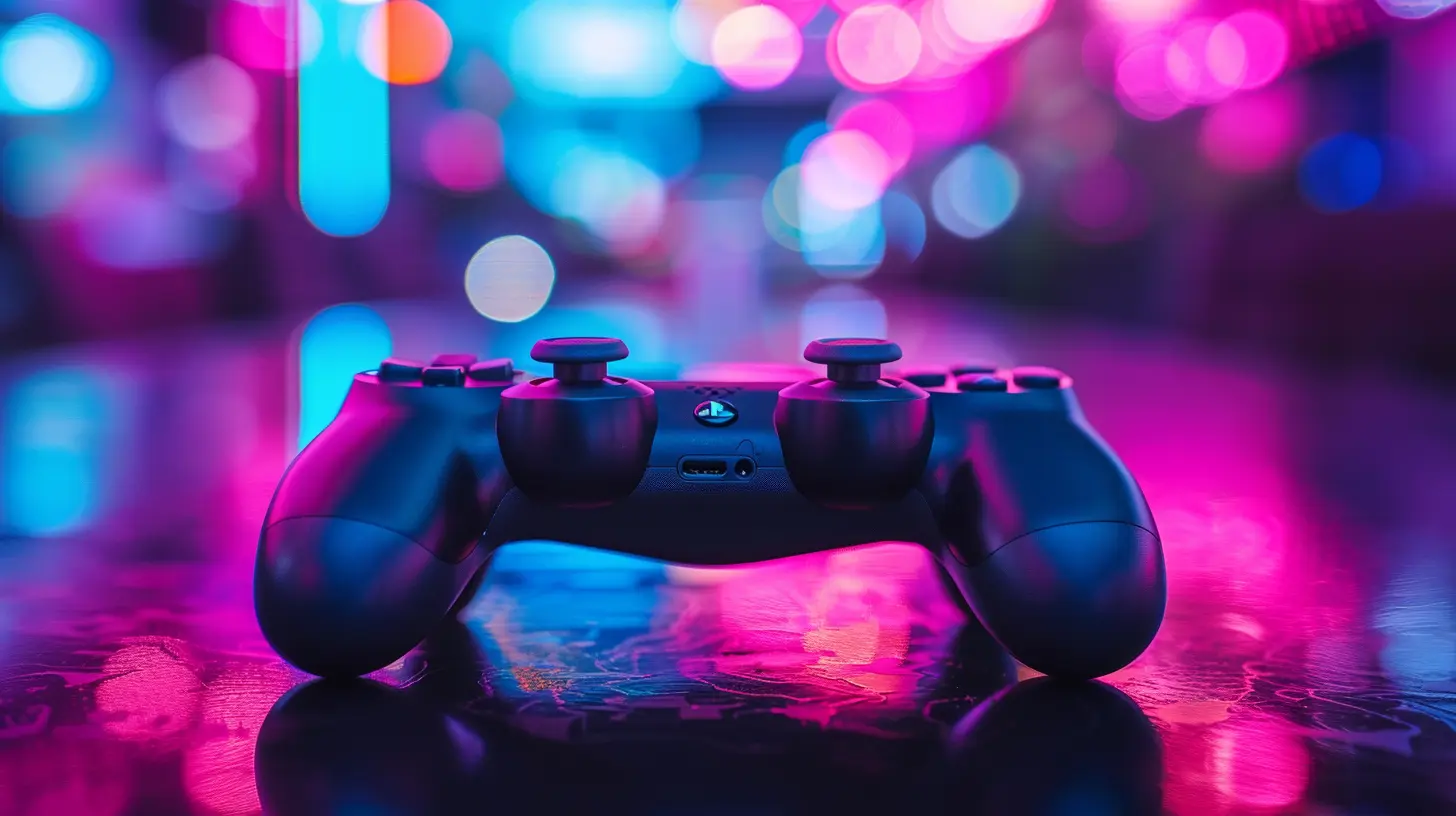
Why a Team Matters More Than You Think
Let’s be real for a second. Gaming isn't just a hobby anymore—it's a career, a passion, and for many, a way of life. But it's not a solo journey. Sure, everyone admires the MVP who racks up kills or pulls off insane plays, but even they can’t carry the load alone in a competitive setting.Think about it this way: A lone wolf might be able to take down one or two opponents, but a well-organized pack? They’ll dominate the battlefield. Competitive gaming is about outsmarting and outplaying the enemy as a unit. And that starts with building a cohesive team that ticks all the right boxes.
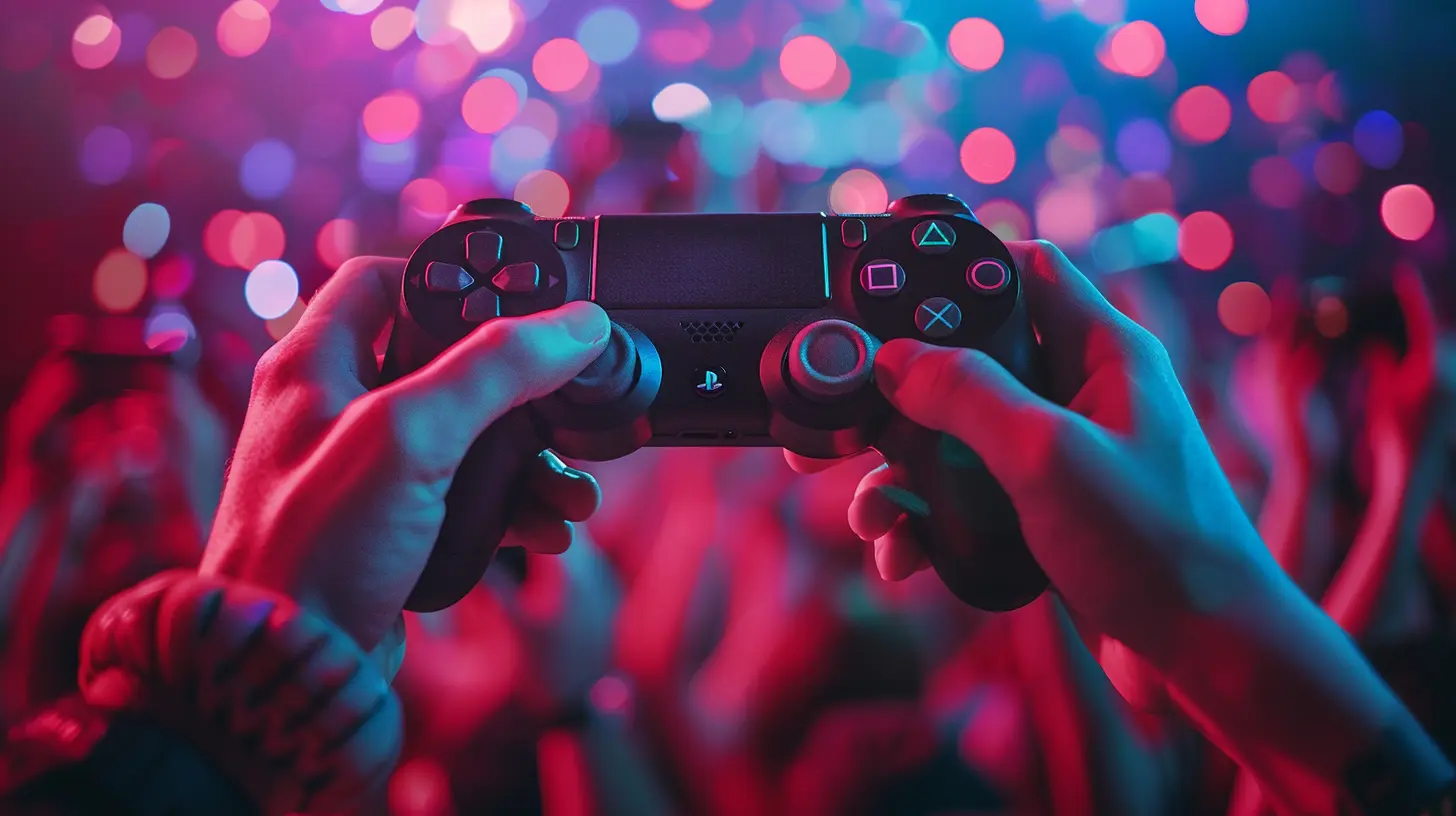
The Foundation of a Winning Team
1. Understanding Roles and Specializations
Picture this: you’re in a game, and everyone’s trying to do the same thing. No one’s healing, no one’s defending objectives, and suddenly—boom—your team gets steamrolled. That’s why defining roles is step one. Every great team needs a balance of players who specialize in different aspects of the game. Whether it’s the sharpshooter, the strategist, or the support player who keeps everyone alive, each role is crucial.In games like League of Legends, for example, you have junglers, ADCs, supports, and so on. Similarly, in Valorant or CS:GO, some players shine as snipers, while others excel at tactical entry. Understand your game’s meta, figure out what roles are essential, and recruit players who excel in those areas. Balance is the key.
2. Chemistry Is Non-Negotiable
You could assemble the most talented gamers in the world, but if they don’t gel as a unit, your team will implode faster than a poorly timed grenade. Chemistry is everything. Can your team communicate under pressure? Do they know how to trust each other’s calls? Are they even remotely fun to be around during 10-hour practice sessions? These are questions you need to ask.It’s kind of like forming a band. You could have the best guitarist and drummer on the planet, but if their styles clash or they can’t stand each other’s personalities, the music will fall flat. The same logic applies here.
3. Communication Is King
This is where most teams fall apart. Competitive gaming thrives on split-second decisions and clear communication. A single miscall—like yelling "push mid" when you mean "defend base"—can turn a winning game into a loss. Make sure everyone on your team is not only comfortable communicating but also understands how to do so effectively.Use tools like Discord or TeamSpeak for voice comms, and lay down clear protocols for in-game calls. You know that old saying about too many cooks spoiling the broth? Yeah, don’t let that happen. Designate one or two team members as leaders to handle critical communications so you don’t end up with chaos.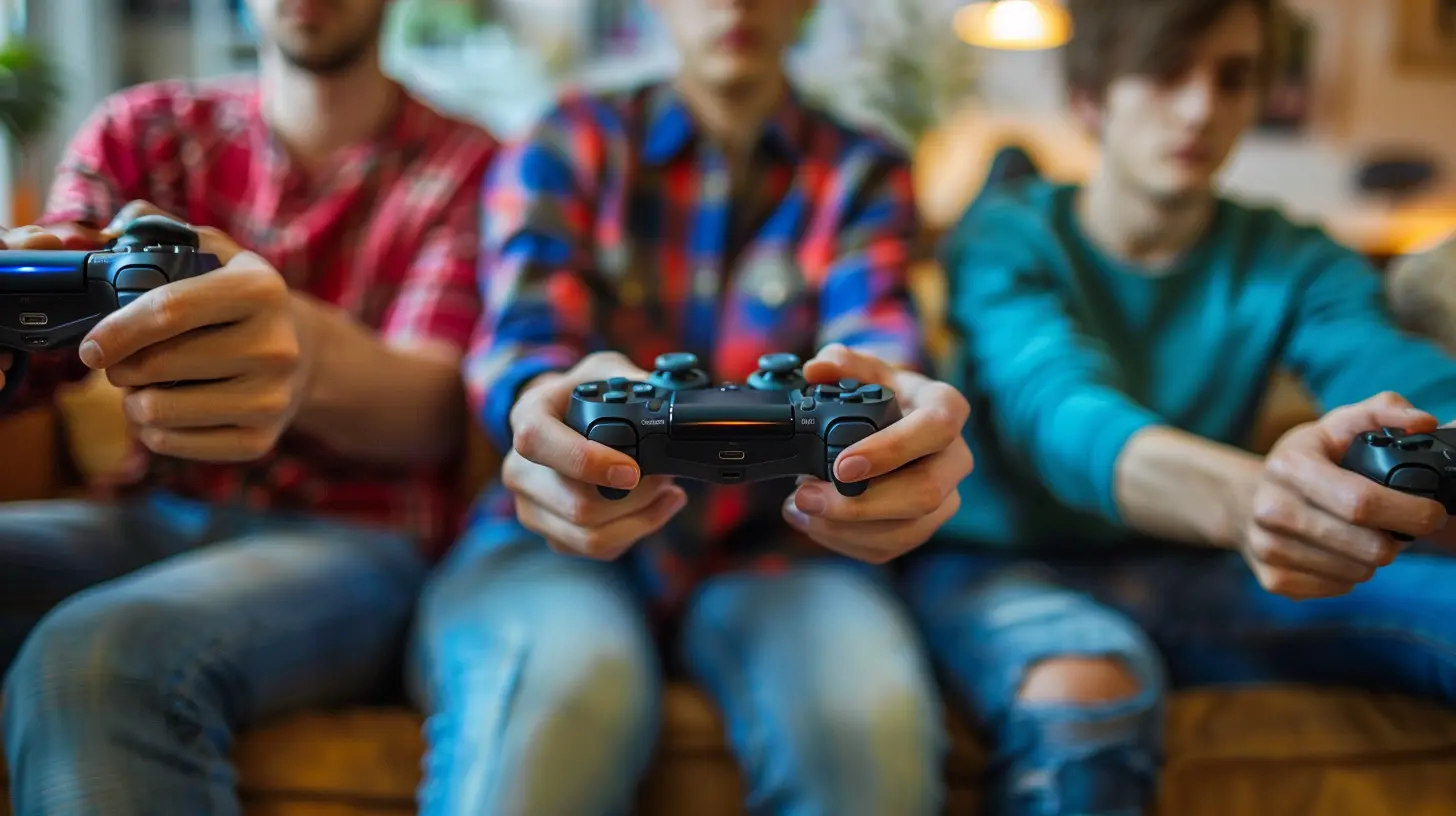
Finding the Right Players
1. Evaluating Skill
Finding skilled players is obvious, but how do you gauge whether someone’s the real deal or just all talk? Scrims—short for scrimmages—can help. Get potential recruits into a match setting and see how they perform under pressure. Also, check out their match history, rankings, and even their gameplay clips.Look beyond flashy plays. A player might land insane headshots occasionally, but are they consistent? Can they hold their own in high-pressure situations? Consistency often beats a one-hit wonder.
2. Attitude and Work Ethic
I cannot stress this enough: a bad attitude will poison your team dynamic faster than a toxic flame war in an online lobby. Look for players who are team-oriented, open to feedback, and willing to put in the work. A solid work ethic can often elevate mid-tier players into superstars, whereas arrogance can hold back even the most talented.Think of it like this: talent gets you to the door, but attitude gets you through it.
3. Where to Look for Players
So, where do you even find potential teammates? Start with social media, gaming forums, and Discord servers dedicated to your specific game. Platforms like Faceit, ESEA, and even Reddit have thriving communities of gamers looking for teams. Attend local gaming events or online tournaments—you’d be surprised how many hidden gems you can find just by networking.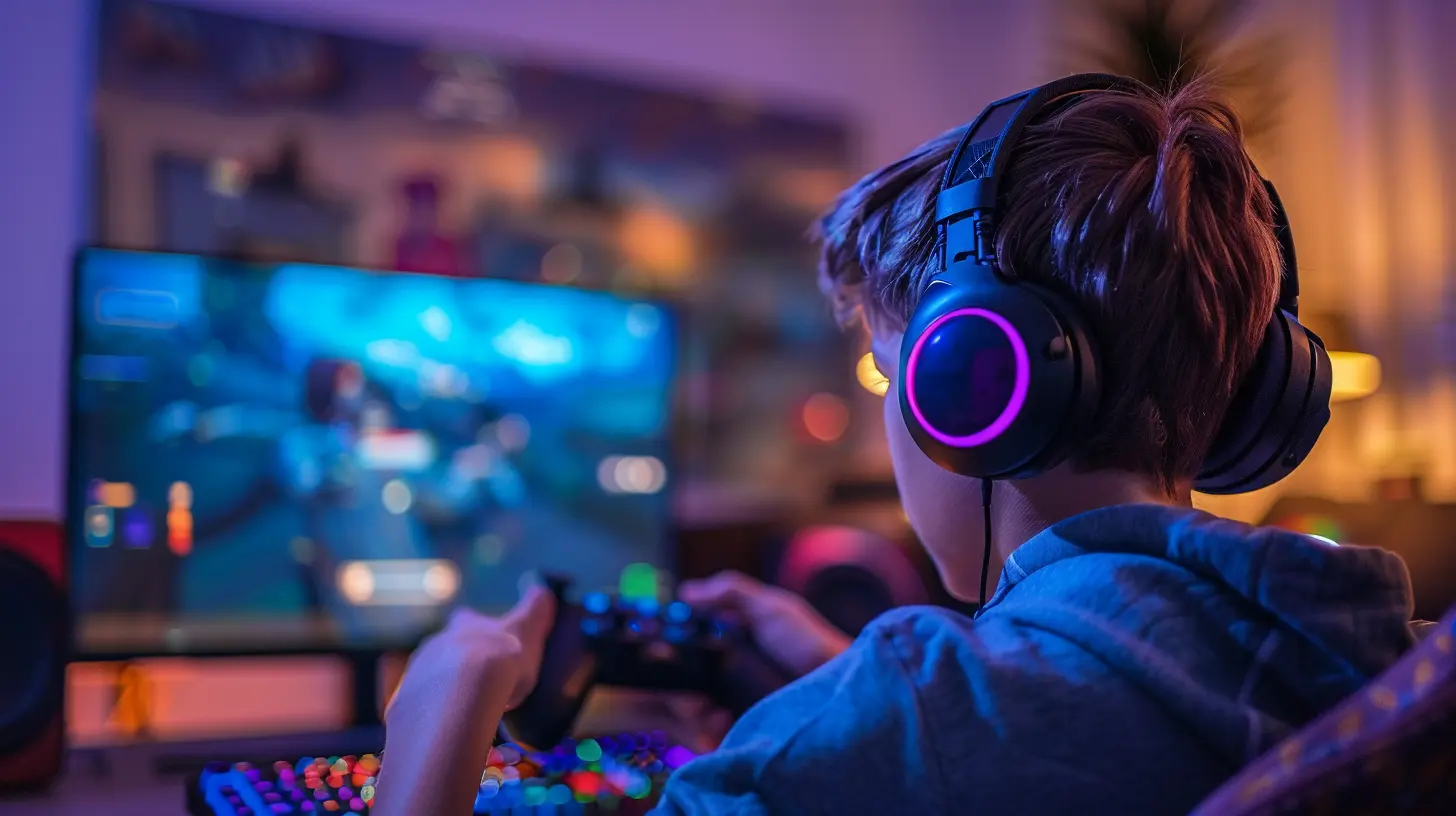
Training and Practice: The Grind Never Stops
1. Scheduling Practice Sessions
Let’s get one thing straight: practice isn’t optional. But it’s not just about grinding endless hours; it’s about smart practice. Establish a regular schedule that works for everyone on the team. Consistency helps build not only skill but also team chemistry.And don’t just stick to casual matches. Play ranked games, scrims, or even friendly matches against other competitive teams. Practice under conditions that simulate a real tournament setting—it’ll help your team stay sharp and handle pressure when it counts.
2. Reviewing Game Footage
Ever noticed how professional athletes watch footage of their games to study their performance? Gamers should do the same. Record your matches, analyze them as a team, and figure out what’s working and what’s not. Where were the weak points? Did you miss rotations? Were your calls too late? Breaking down footage can provide invaluable insights.3. Staying Updated on the Meta
The gaming world changes constantly—patch updates, new maps, weapon adjustments, and so on. A strategy that works today might become obsolete tomorrow. Keep up with the latest developments in your game’s meta (aka the most effective strategies and tactics). Follow patch notes, watch pro tournaments, and stay ahead of the curve. Adaptability separates good teams from great ones.The Mindset of a Champion Team
1. Handling Losses
Let’s face it: you’re going to lose. Even the best teams do. But what separates winners from the rest is how they bounce back. Don’t get stuck in a blame game after a loss—use it as a learning opportunity. What went wrong? What could you have done differently?Failure is just part of the growth process. Think of it like leveling up in an RPG: each loss is just another XP boost on your road to becoming unbeatable.
2. Building a Support System
Competitive gaming can be draining—mentally, emotionally, and even physically if you’re playing long hours. Make sure your team has a support system, whether it's regular breaks, open discussions to address frustrations, or even basic wellness practices like stretching or staying hydrated. A happy team is a winning team.The Importance of Tournaments and Experience
1. Starting Small
If you’re new to competitive gaming, don’t immediately dive headfirst into massive tournaments. Start small—local or online competitions are great for gaining experience, building confidence, and testing your team dynamic.2. Climbing the Ladder
As your team gains more experience, aim higher. Competing in larger tournaments with tougher competition will sharpen your skills and prepare you for the big leagues. Who knows? Your team might just become the next household name in esports.Closing Thoughts
At the end of the day, building a winning team for competitive gaming tournaments isn’t just about finding the "best" players. It’s about finding the right players—people who complement each other’s strengths, communicate effectively, and share a relentless drive to improve. It's a journey of trial and error, practice and perseverance, but the payoff? Totally worth it.So gather your squad, hit the grind, and conquer the competitive scene. Because in gaming—just like in life—it’s better to win together than go it alone.
all images in this post were generated using AI tools
Category:
TournamentsAuthor:

Lucy Ross
Discussion
rate this article
11 comments
Marley Hubbard
Building a winning team is like assembling the ultimate superhero squad! You need the sharpshooter, the strategist, and maybe a healer or two—because let’s face it, everyone needs a little backup! So grab your snacks, rally your pals, and let’s turn those epic fails into glorious victories! Game on!
February 17, 2025 at 4:52 PM

Lucy Ross
Absolutely! Every role is crucial for success, and teamwork transforms challenges into triumphs. Let’s gear up and conquer the competition together! 🏆🎮
Ember McKeever
Great insights in this article! Creating a successful team for competitive gaming requires not just skill, but also synergy and communication. Balancing individual strengths with cohesive strategies is essential. Looking forward to implementing these tips—thanks for sharing your expertise!
February 2, 2025 at 4:33 AM

Lucy Ross
Thank you! I'm glad you found the insights helpful. Best of luck in implementing these strategies with your team!
Starla McTier
Building a winning team is like making a perfect sandwich—pick your favorites, avoid the soggy ones, and pray everyone shows up without any last-minute drama. Good luck, gamers!
January 26, 2025 at 5:29 AM

Lucy Ross
Great analogy! Just like a perfect sandwich, the right mix of skills and teamwork is essential for success. Let's make it happen!
Jax McAdams
Great insights! I'm excited to learn how diverse skills and teamwork can elevate performance in competitive gaming.
January 22, 2025 at 3:38 PM

Lucy Ross
Thank you! I'm glad you found the insights helpful. Emphasizing diverse skills and teamwork truly makes a difference in competitive gaming!
Beth Mullen
Great insights! Team synergy and communication are key for success.
January 18, 2025 at 5:15 AM

Lucy Ross
Thank you! Absolutely, effective teamwork and communication are crucial for achieving success in competitive gaming.
Kairo McPhee
Success lies in synergy; choose teammates who complement your strengths and weaknesses.
January 12, 2025 at 4:20 AM

Lucy Ross
Absolutely! A cohesive team enhances performance by leveraging individual strengths and covering weaknesses, leading to greater success in competitive gaming.
Eden Snow
Assembling a successful team for competitive gaming requires a blend of complementary skills, effective communication, and strong chemistry. Focus on diverse roles to cover all aspects of gameplay, prioritize teamwork over individual talent, and practice regularly to develop strategies. A united front is key to tournament success!
January 2, 2025 at 3:24 PM

Lucy Ross
Thank you for your insightful comment! I completely agree that a well-rounded team with diverse skills and strong chemistry is essential for competitive success. Prioritizing teamwork and consistent practice truly makes a difference in achieving tournament goals!
Mara McAlister
In competitive gaming, synergy transcends individual skill; it's the delicate balance of communication, trust, and shared vision that transforms a group of players into a cohesive force capable of overcoming any challenge.
December 27, 2024 at 4:55 PM

Lucy Ross
Absolutely, synergy is crucial in competitive gaming. It enhances teamwork and elevates collective performance beyond individual skills, making it essential for success in tournaments.
Bear Phelps
Absolutely loved this article! Building a winning team is all about synergy and trust. Excited to see how these tips bring victory! Let's go! 🎮✨
December 27, 2024 at 5:20 AM

Lucy Ross
Thank you! I'm glad you enjoyed the article. Here's to building strong teams and achieving great victories together! 🎮✨
Thornefield Mullen
Exciting tips for creating a champion team!
December 26, 2024 at 4:27 PM

Lucy Ross
Thank you! I'm glad you found the tips helpful for creating a champion team!
Brooke McLaury
Success lies in secrets unseen; forge bonds and strategies that defy the ordinary.
December 26, 2024 at 6:04 AM

Lucy Ross
Absolutely! Creating unique strategies and strong team dynamics is crucial for achieving success in competitive gaming.
MORE POSTS
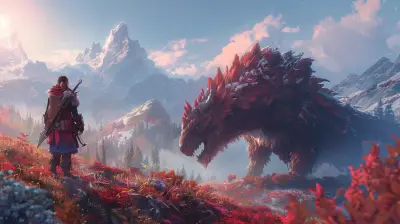
Performance Boosts in the Latest Patch: What’s Causing the Smoother Play?
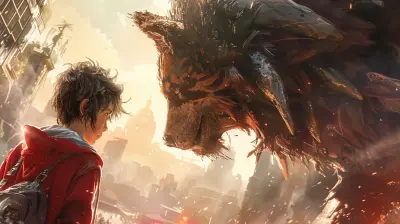
Music as Companion: How Soundtracks Keep Us Engaged in Open-World Games
Iconic Game Soundtracks That Transcend Their Medium

Loot Boxes vs. Battle Passes: What’s Best for Gamers?

Talent vs Teamwork: What Truly Wins Esports Championships?

How to Exploit Enemy Weaknesses in War Strategy Games

How to Write Effective Bug Reports During Beta Testing

Multiplayer Etiquette: Being a Good Sport Online